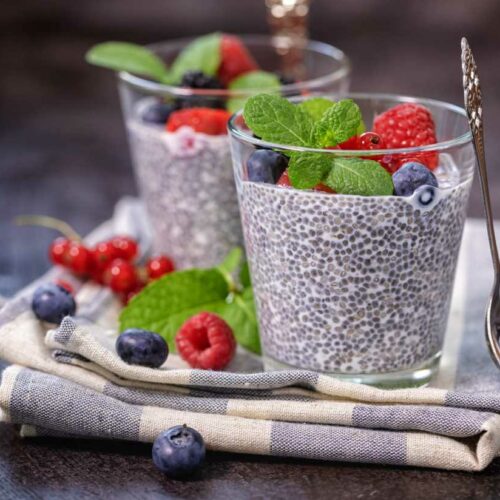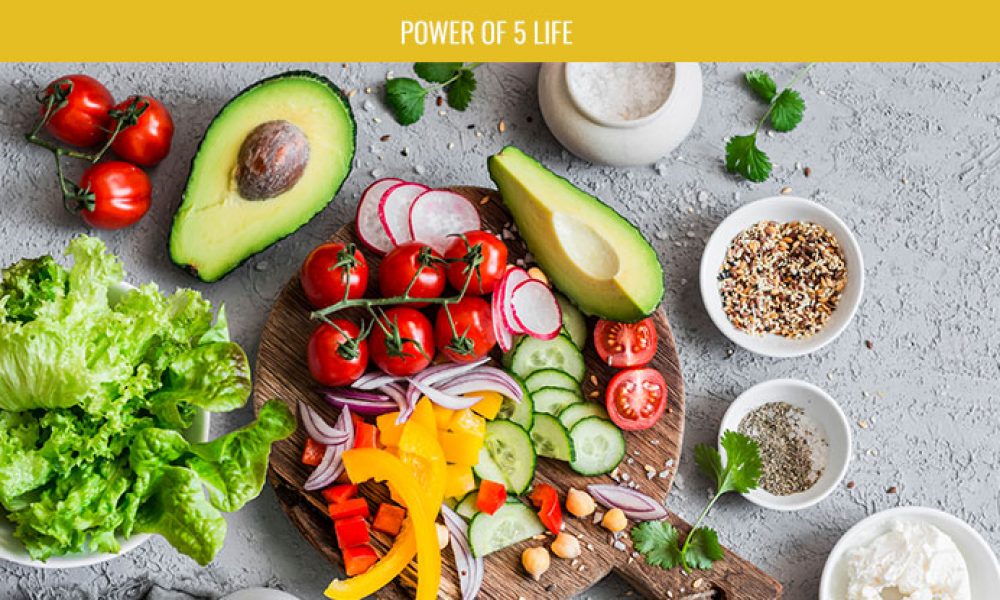A Bite of Health: The Power of Clean Eating
In many of my culinary adventures and blogs, I often emphasize the concept of “Eating Clean” and how food can be a powerful medicine. This isn’t just a personal mantra. It’s a belief deeply rooted in the understanding of our bodies and their intricate relationship with nutrition.
While I might sound repetitive, my hope is to spark a conversation about eating habits and inspire gradual, sustainable changes. Even if one person begins to embrace clean eating, it could potentially save a life, reduce cognitive decline, reduce healthcare costs, and promote self-wellness and longevity.
An Apple a Day … a great example!
Apples, in their purest form, are free from added sugars, additives and preservatives. They’re a nutritional powerhouse, packed with fiber (pectin), natural sugars, vitamins, and minerals. These nutrients contribute to gut health, heart health, lung health, and brain health, among other benefits.
Whether you enjoy a whole apple, skinless slices, or homemade applesauce made with or without the skin, the core health benefits remain. However, adding sugars or opting for store-bought applesauce with additives can diminish these benefits. And manufactured apple pies or tarts can contribute to metabolic illnesses and chronic medical conditions. Store-bought apple treats can contribute to Type-2 diabetes, hypertension, cardiovascular disease, dementia, inflammatory conditions, and autoimmune conditions like Crohn’s disease, and other harmful conditions like cancer.
Food & Brain Health
The key to brain health lies in the thought, preparation and consumption of delicious fresh foods. You want foods that are rich in vitamins, minerals, antioxidants, and fiber. You also want to limit foods with sugar, additives, and preservatives.
Focus on a Clean Eating approach for the Health of it.
A Global Reminder for Brain Health
September 21st marks World Alzheimer’s Day, a global initiative dedicated to raising awareness about Alzheimer’s disease and dementia. As we strive to understand and combat these debilitating conditions, it’s crucial to recognize the role of diet and lifestyle in preserving cognitive health.
Clean Eating, Brain-Healthy Recipe
Below is one of my favorite brain-healthy recipes that you can enjoy for breakfast, lunch or a quick snack.
Remember, every small step toward cleaner eating is a win. Let’s prioritize our brain health and physical well-being, one bite at a time.
To Healthy Cooking and Eating,
Melissa
Chef, Author, Healthy Lifestyle Advocate

Healthy Chia Seed Pudding
Ingredients
- 1 ½ cups Almond or cashew milk Almond or cashew milk are the right consistency. Full fat coconut milk makes a creamier and thicker pudding.
- ½ cup Chia seeds Or if you prefer, ground flax seeds
- 1-2 Tbsp Monk fruit sugar (zero calories) Or may use a few drops of stevia. Add more or less to taste or omit completely.
- 1 tsp Vanilla extract
- 1 tsp Cinnamon Optional; OR more to taste (I'm a big cinnamon fan)
- Fresh berries Blueberries, blackberries, and/or raspberries – your choice or leave out
- Bananas Sliced, optional
Instructions
- To a mixing bowl, add dairy-free milk, chia seeds, maple syrup (or other sweetners of choice, to taste), and vanilla. Whisk to combine.
- Cover and refrigerate overnight (or at least 6 hours). The chia pudding should be thick and creamy. If not, add more chia seeds, stir, and refrigerate for another hour or so.
- Enjoy as is, or layer with banana and/or fresh berries! Will keep covered in the refrigerator for up to 5 days.



